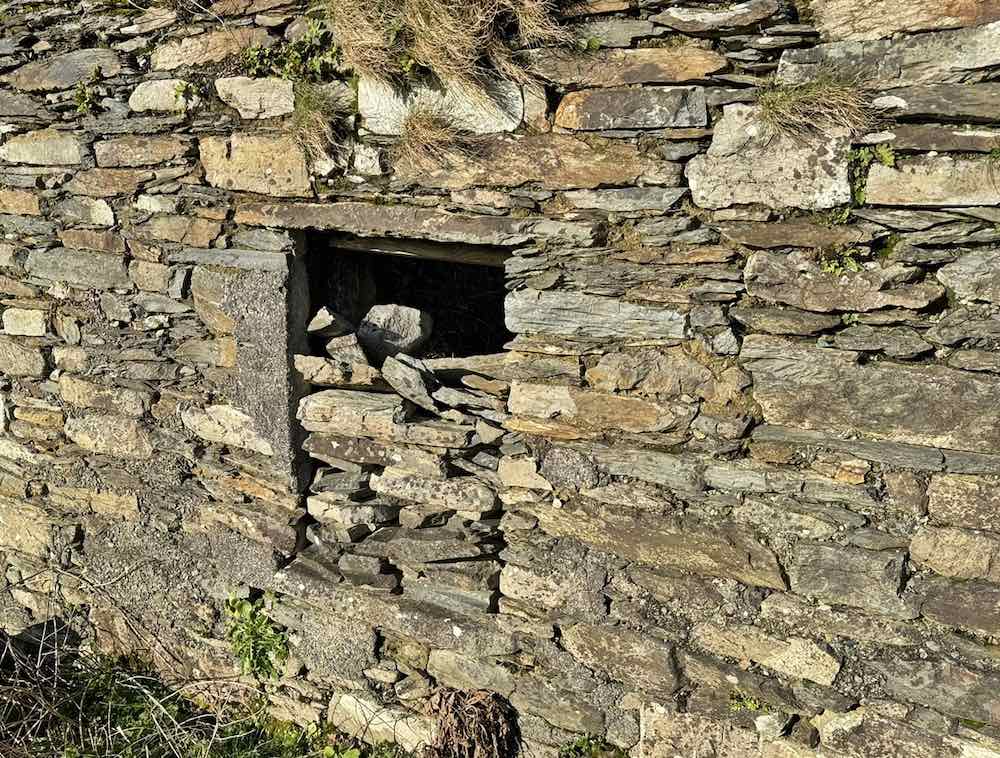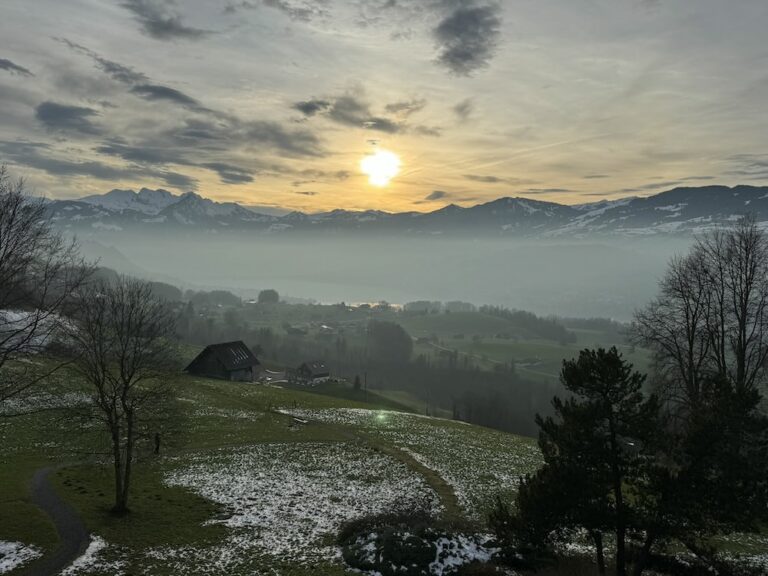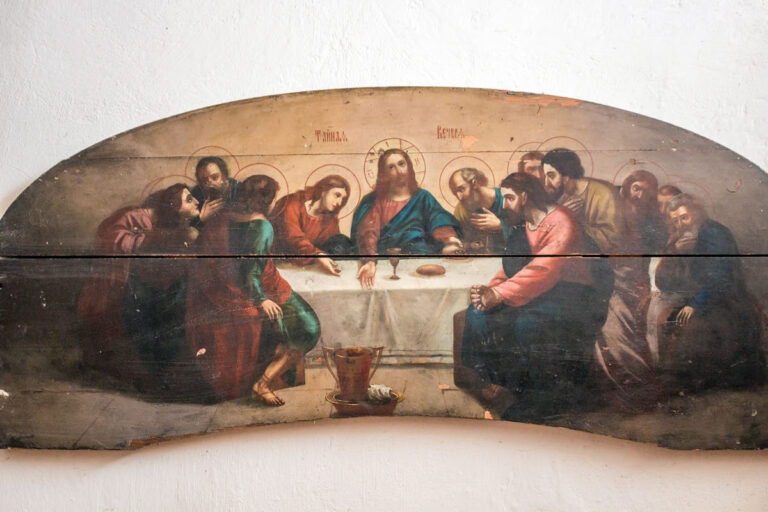Sexta-Feira da Quarta Semana da Quaresma
É comum dizer-se que os ensinamentos espirituais em todas as tradições nos urgem a desenvolver uma atitude indiferente em relação à felicidade ou infelicidade. Isso reflete o ensinamento de Jesus de que o sol da divina benevolência brilha igualmente nas coisas boas ou más. Isso significa que não deveríamos ter uma preferência? Ou, mais realisticamente, que deveríamos aceitar o áspero e o suave e tomar o áspero de forma afável sem reclamar? Os ensinamentos Budistas dão ênfase ao perigo de apegar-se a qualquer lado da experiência porque então oscilamos entre aversão e possessão. No entanto, os Budistas não são indiferentes. Eles acreditam em reduzir o sofrimento e em um estado para o qual deveríamos aspirar. De forma similar, o Evangelho nos ensina a “considerar que os sofrimentos do tempo presente não são comparáveis à glória a ser revelada dentro de nós” (Rm 8:18).
O problema em assumir que deveríamos ser igualmente felizes com sofrimento ou alegria é que isso não é realista. Não é verdadeiro em relação à natureza humana ou em relação ao significado de sofrimento. Não é desapego – estaria mais para alienação. A verdadeira sabedoria das tradições espirituais é evitar o sofrimento que podemos evitar e aceitar de forma afável o que não podemos evitar, com a confiança de que o sofrimento tem algum significado. Então somos aproximados da fonte de alegria dentro de nós que é refletida em todos os ciclos naturais.
Um teste deste fato é a chegada da estação da Primavera no hemisfério Norte. Eu posso ver isso acontecendo hoje quando olho pela janela enquanto escrevo este texto em Bonnevaux. Os sentidos despertam, perfumes esquecidos, novas cores e texturas retornam, narcisos cheios de alegria e o verde que você dificilmente vê nas árvores nuas emergindo da sua morte sazonal. Tivemos um inverno cinza e úmido com variações extremas que são características da mudança climática que afeta todos os lugares. Porém, graças a Deus e à Sua manifestação na beleza do mundo, a roda das estações continua girando.
Outro teste simples é a nossa preferência por vida sobre a morte mesmo quando – como Jesus no Getsêmani – aceitamos o destino doloroso da morte como parte da vida. O amor da vida transforma este destino. Porque ele é enraizado tão profundamente, ele toca em nós o núcleo da vida eterna, livre do ciclo de morte e renascimento no qual crescemos mas que também transcendemos.
Olhando o Vale de Bonnevaux hoje, eu posso dizer com autoridade que a Primavera ainda é a Primavera. Poucos são os que diriam preferir o inverno. Nós somos viajantes no tempo passando através de um ciclo de espirais, medido pelo sol e pela lua, em direção à fonte solitária onde todos estamos em casa. Em cada revolução e repetição nós nos aprofundamos na ressurreição, a união de opostos onde o que certa vez apenas vislumbramos é provado verdadeiro.
Aqueles que atingem o Brahman vivem em alegria
E vão além da morte. De fato
Eles vão além da morte.
OM shanti shanti shanti
(Aitareya Upanishad)
Texto original
Friday Fourth Week of Lent
It is often said that spiritual teachings in all traditions urge us to develop an indifferent attitude to happiness or unhappiness. This reflects the teaching of Jesus that the sun of divine benevolence shines equally on good and bad alike. Does this mean we should aim to have no preference? Or, more realistically, that we should accept the rough and the smooth and take the rough graciously without complaint. Buddhist teachings emphasise the danger of clinging to any one side of experience because we then bounce between aversion and possessiveness. Yet Buddhists are not indifferent either. They believe in reducing suffering and in a state beyond it which we should aspire to. Similarly, the Gospel teaches us to ‘consider that the sufferings of the present time are not worth comparing with the glory to be revealed in us’ (Rom 8:18).
The problem in assuming that we should be equally happy with suffering or joy is that it is unrealistic. It is not true to human nature or to the meaning of suffering. It is not detachment, more like estrangement. The true wisdom of the spiritual traditions is to avoid what suffering we can avoid and graciously accept what we cannot with the confidence that suffering is not meaningless. Thus we are brought closer to the source of joy within ourselves that is reflected in all natural cycles.
One test of this is the arrival of the entrancing season of Spring in the Northern hemisphere. I can see it happening today as I look out of the window as I write this at Bonnevaux. Senses awake, forgotten scents, new colours and textures return, joy-filled daffodils and the green wash you can hardly see in the bare trees emerging from their seasonal death. We have had a grey, wet winter with several of the extreme variations that are characteristic effects of climate change everywhere. Nevertheless, thank God and His manifestation in the beauty of the world, that the timed wheel of the seasons is still turning.
Another simple test is our preference for life over death even when, like Jesus in Gethsemane, we accept the painful destiny of death as part of life. The love of life transforms this destiny. Because it is so deeply rooted, it touches in us the core of eternal life free from the cycle of death and rebirth within which we grow but which we also transcend.
Looking down the Bonnevaux valley today, I can authoritatively say that Spring is still spring. Few are they who would say they don’t prefer it to winter. We are time travellers passing through a cycle of spirals, measured by the sun and moon, towards the solitary source where all are at home. Through each revolution and repetition we come deeper into resurrection, the union of opposites where what we once just glimpsed is proved real.
Those who realise Brahman live in joy
And go beyond death. Indeed
They go beyond death.
OM shanti shanti shanti
(Aitareya Upanishad)







